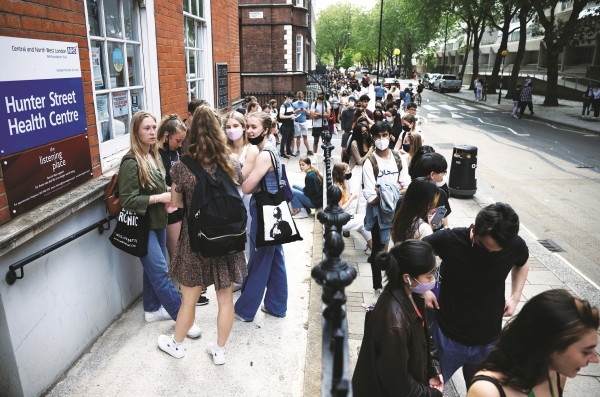
The year 2021 had been a year full of changes and events despite more than half the world still being in lockdown. Most importantly, it has been a year filled with climate-related issues. A multitude of heatwaves, droughts, wildfires, floods, and hurricanes have impacted virtually all nations across the globe, and the iconic photograph of a devastated old lady clutching her heart as she watched her house being devoured by a wildfire in Greece has resonated with a wide range of people. Numerous alarming climate reports have been released to the public and COP26 was finally held in Glasgow after having been postponed a year due to the pandemic. On a positive note, a leap towards cleaner energy has kicked off as 2021 is dubbed the year of the “electric [automobile] revolution” by The Economist. The switch from the internal combustion engine to the electric motor is so rapid and systematic that, quoting the CEO of electric bus company Switch Mobility, “Any players [car manufacturers] that do not pivot fast enough, or that do not invest, are unlikely to survive into the future.”
Another large issue has been the developments regarding the COVID-19 pandemic. As vaccination programs picked up the pace starting early 2021 year, people have hoped to finally “see the light at the end of the tunnel,” while on the contrary, new and more widely spread variants have posed significant challenges to public health services and to the end of the pandemic. Fortunately, however, many experts including Microsoft co-founder Bill Gates said “While there is no question that the Omicron is concerning, the speed of detecting new variants, combined with developments in vaccines and antiviral drugs led me [Gates] to be hopeful that COVID-19 would become an endemic disease in 2022.”
Practices that became prevalent during the pandemic era such as working from home or the South Korean “untact” policy are expected to remain. They will completely reshape the workplace and, more generally, the way of living in the post-pandemic world. Even if the pandemic comes to an end, there is no guarantee that the year ahead will be any less problematic nor more hospitable. As aforementioned, the increasing frequency of extreme weather events in junction with overpopulation means the situation is growing worse at an exponential scale.


